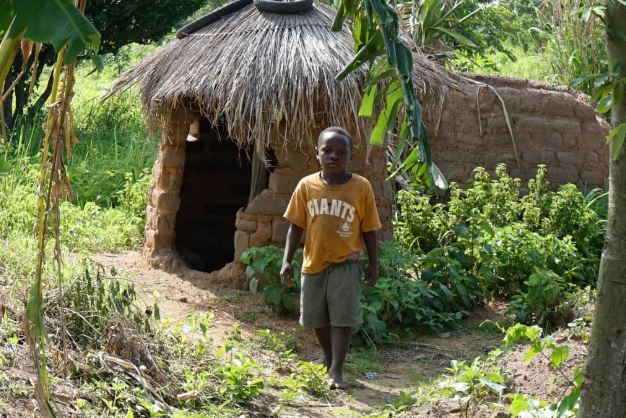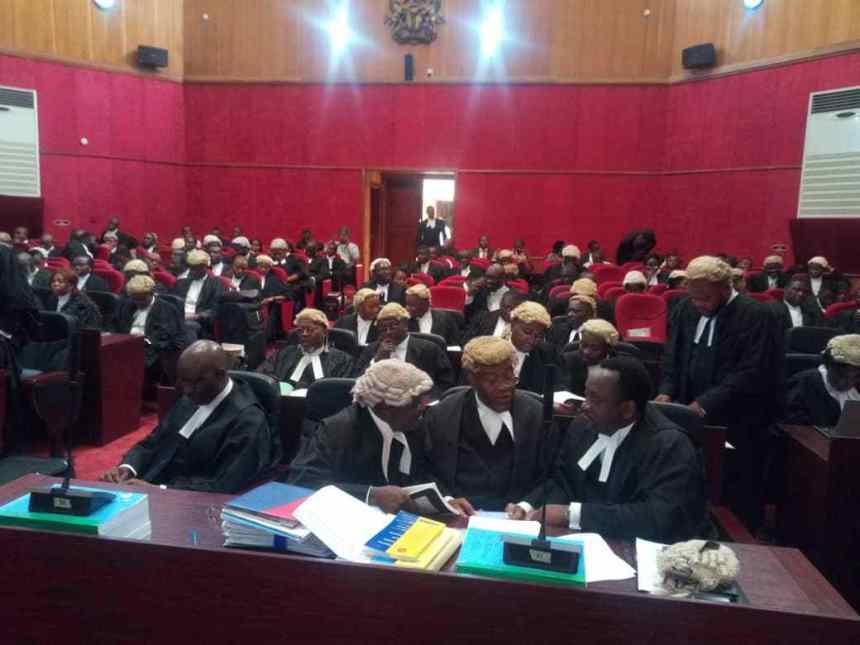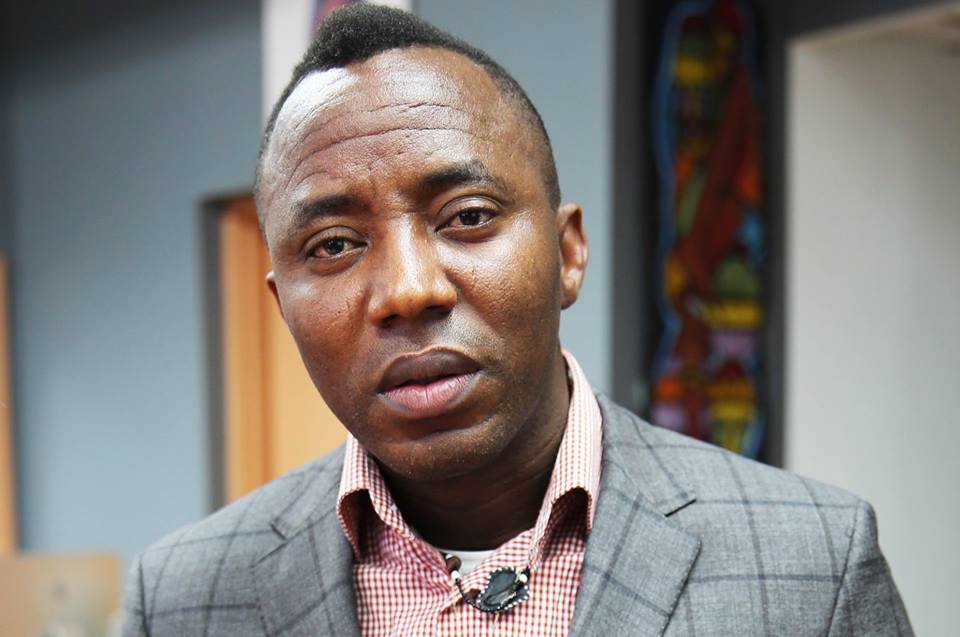BY ZAID JURJI
With about 200 million inhabitants, Nigeria is the most populous country in Africa. With a population of this scale, any progress or regression in development clearly has a significant impact on both African and global development indicators.
In 2018, the Federal Ministry of Water Resources, National Bureau of Statistics and UNICEF initiated a survey to assess the state of the Water, Sanitation, and Hygiene (WASH) sector in Nigeria. The results were appalling. The survey revealed that only 11 percent of Nigerians have access to basic water, sanitation, and hygiene services, 24 percent of the population practice open defecation, and rural dwellers have an average per capita share of fewer than 4 liters of water per day. Nigeria’s level of access to WASH services lags far behind those of other countries in the region. The initial results of the survey were so shocking that they were used as one of the platforms to urge President Muhammadu to Buhari declare a state of emergency in the WASH sector.
There is sufficient evidence to suggest that WASH has a huge effect on many other development aspects of the population. Safe water and sanitation services positively impact the health status of people. For instance, proper WASH reduces WASH-related diseases and sustains the nutritional status of children by avoiding/reducing episodes of diarrhea, which translates into improved school attendance and learning opportunities, as well as improved work productivity and family income in the case of adults.
Advertisement
In November 2018, President Buhari had committed to ending open defecation. He reiterated the commitment made earlier through the 2016 endorsement of the National Roadmap on ending open defecation by the year 2025. This was followed by the establishment of an open defecation free secretariat, which was in turn approved by the Federal Executive Council and is now fully functional with budgetary allocations.
The Community-Led Total Sanitation (CLTS) approach that empowers communities to self-assess their sanitary practices and initiate actions to practice safer ones has been widely and successfully used. So far, out of the 774 Local Government Areas (LGAs) in Nigeria, 13 have now been triggered using the CLTS approach and certified as open defecation free (ODF). There are also thousands of communities, in other LGAs, that have attained an ODF status. These are all steps in the right direction that have led to good results. However, the scale of these results will always be overshadowed by the rapid increase in the Nigerian population, with recordable achievements tiny in comparison to WASH service gaps.
If Nigeria is serious about tackling the challenge of open defecation, then the country needs to explore every single available asset to progress exponentially instead. But what does that mean in practical terms and how should the country move from where it is right now?
Advertisement
Firstly, and very important, Nigerian leadership needs to appeal to and attract the private sector (PS) by providing an enabling environment for the latter to effectively engage in sector development. The private sector can bring a wide spectrum of skills that the public sector usually lacks; innovation, efficiency, effectiveness, trust and confidence, to name a few. Also, and unlike other public and external resources, the private sector avails a critical local resource that is never depletable. Once given the opportunity, this unexplored treasure could potentially play a critical partnership role in revitalizing and developing the WASH sector and help to end open defecation.
Moreover, the commitment at the federal level needs to be replicated at state level. State leaders need to hold their state WASH authorities responsible for domesticating the Roadmap and closely and continuously follow up on progress in implementation – this is implicit in true leadership to face and combat this challenge. Financial commitment is also needed to construct public toilets and support communications campaigns for behavioral change so that people start rejecting open defecation as a norm, then build and use toilets. Part of this campaign would entail leaders directly appealing to their communities and help defeat open defecation by constructing household latrines. Nigerians listen to their leaders who, in turn, should also make sure that all operational hurdles to reach this goal are eliminated.
This is in line with UNICEF senior management’s set vision with regards to private sector engagement, as voiced by ED Fore, who stated, “Often, non-profits and government think of businesses to give them money to fund their programs or to be a contractor to deliver something. They don’t think of them as a partner to co-create with. If you are really going to have a country that has a literate, engaged, safe, protected, healthy, well-nourished population, then you will need all of the assets of business co-creating with you.”
The private sector can work closely with the government, states and local authorities and communities to actively create sustainable solutions to address the WASH needs of unserved and underserved communities through the lens of corporate social responsibility, Public Private Partnerships (PPP) and else. This includes, but is not limited to, sustaining WASH facilities in public places, building toilets, training WASH entrepreneurs and toilet business owners, providing loans to the poor to construct their toilets, using innovations in sanitary materials technology to enhance construction quality or manage sludge treatment, relaying the correct hygiene message to the population through toiletry products and telecommunications, etc.
Advertisement
Through donor funds, UNICEF is already using its convening power in supporting Sanitation Marketing by empowering Toilet Business Owners (TBOs) and local masons to build improved sanitation facilities, establishing the connection with local manufacturers of sanitary components and trigger a demand for its use. UNICEF is also supporting sanitation financing by advocating for the use of and canvassing local resources to loan to the poor who can in turn build their latrines. These successful experiences could be shared amongst the different states to expand the impact.
This is a big challenge – but in Nigeria, big challenges come with big opportunities. Nigeria is a resourceful country – both in terms of human and financial resources – and has the largest economy in Africa.
There is also the highest-level commitment to address the WASH sector’s deficiencies. The goal to end open defecation – as daunting as it may appear – can be achieved should a sustained will to change be adopted. Nigerian leaders and people need to continue to look inward and explore every single asset in the country, build partnerships with the private sector, adopt successful approaches, and learn from best practices.
UNICEF will continue to play its role as a catalyst and convening power to help Nigeria translate these plans into reality and achieve the goal of eradicating open defecation.
Advertisement
Jurji is the Chief of Water, Sanitation, and Hygiene section at UNICEF Nigeria
Advertisement
Views expressed by contributors are strictly personal and not of TheCable.
Add a comment






